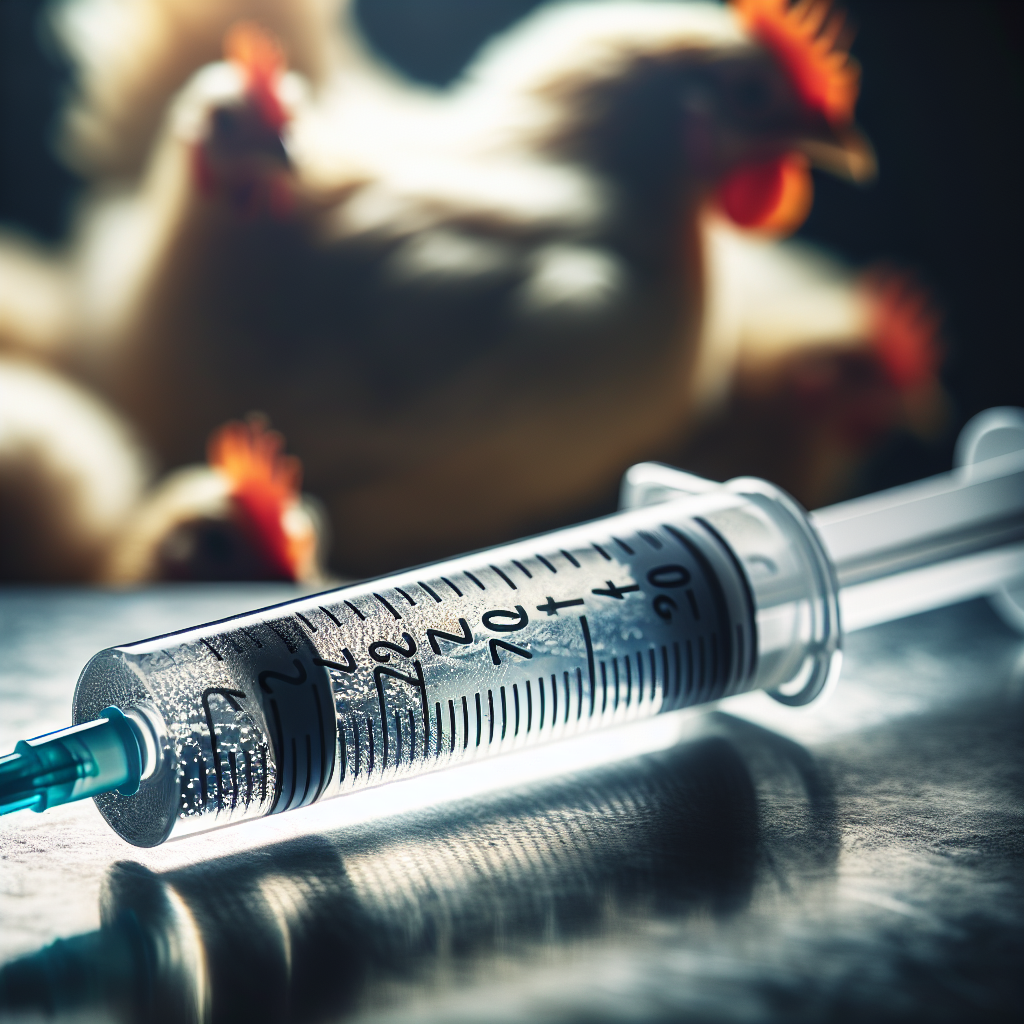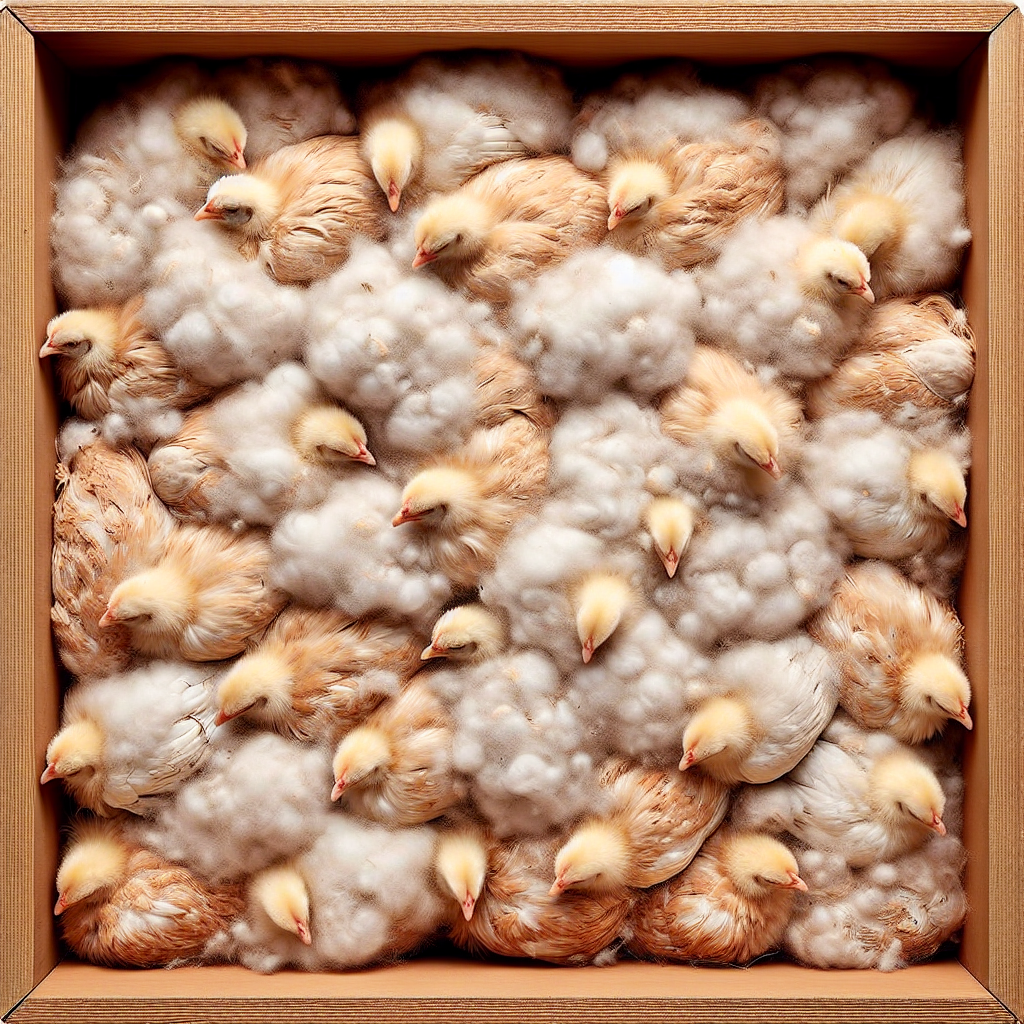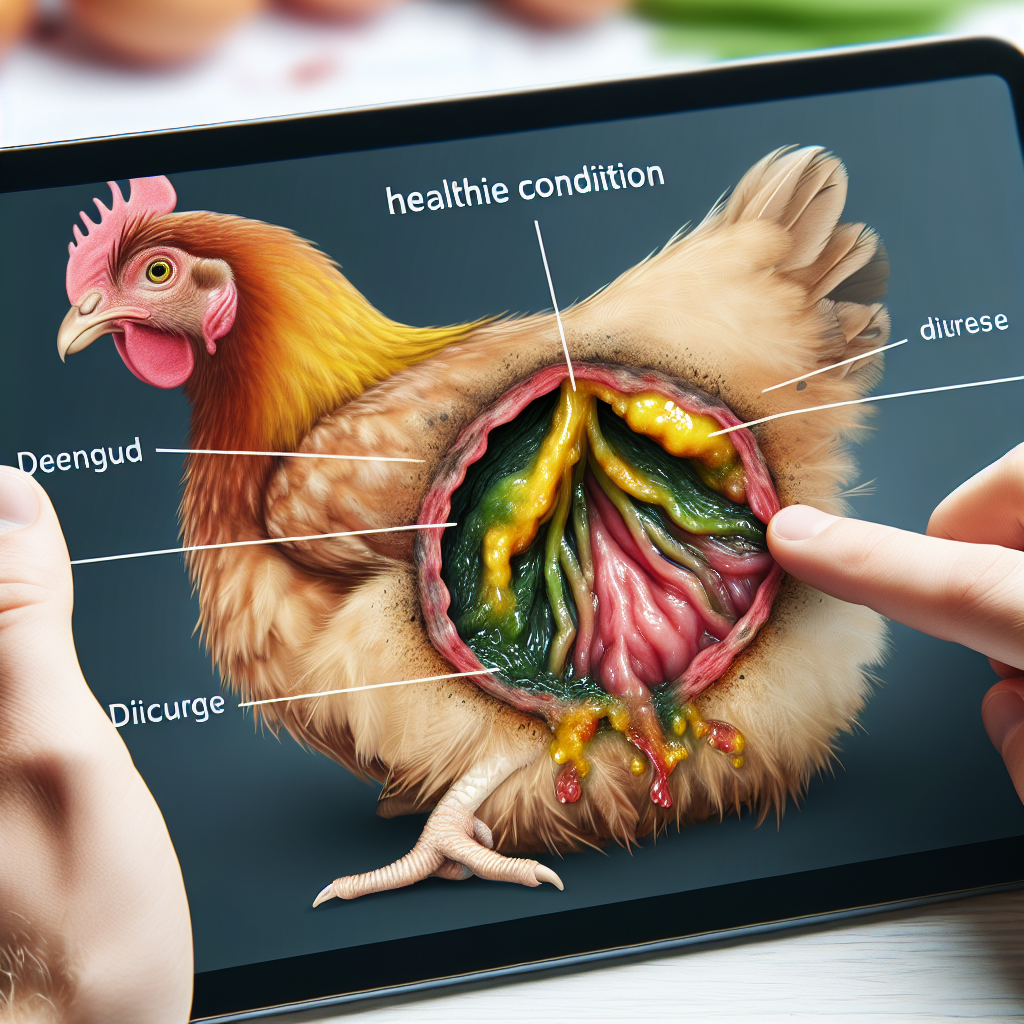Are you a chicken owner looking for natural solutions to common chicken ailments? Look no further! In this article, we will explore various home remedies that can help alleviate and treat some of the most common health issues that chickens may encounter. From respiratory problems to parasites, we’ll provide you with easy-to-follow tips and natural remedies that can keep your feathered friends healthy and happy. So, if you’re curious about how to care for your chickens using simple and accessible remedies, read on! Yes, there are various home remedies that can help alleviate and treat common ailments in chickens. In this comprehensive article, we will explore the different types of chicken ailments and their respective symptoms, as well as provide you with effective home remedies to try. Remember, while these remedies can be helpful, it’s always important to consult a veterinarian if your chicken’s condition worsens or persists.
Common Chicken Ailments
Respiratory Problems
Respiratory problems are quite common in chickens and can manifest in symptoms such as coughing, sneezing, wheezing, nasal discharge, and difficulty breathing. These issues can be caused by various factors including bacterial or viral infections, dusty or dirty living conditions, or exposure to cold drafts.
Symptoms
- Coughing
- Sneezing
- Wheezing
- Nasal discharge
- Difficulty breathing
Home Remedies
- Improve ventilation in the coop to reduce dust and humidity levels.
- Keep the coop clean and provide fresh bedding regularly.
- Ensure chickens have access to clean water and a balanced diet.
- Administering natural remedies like garlic or oregano supplements can help boost their respiratory health.
- In severe cases, seek veterinary guidance and consider appropriate medication.
Digestive Issues
Digestive issues can cause discomfort and lead to poor overall health in chickens. Symptoms may include decreased appetite, diarrhea, weight loss, and abnormal feces. These issues can stem from various factors such as bacterial or viral infections, dietary imbalances, or ingestion of toxic substances.
Symptoms
- Decreased appetite
- Diarrhea
- Weight loss
- Abnormal feces
Home Remedies
- Provide plenty of fresh, clean water to ensure proper hydration.
- Offer a balanced and appropriate diet with adequate amounts of fiber.
- Incorporate probiotics or fermented foods like yogurt into their diet to promote healthy gut bacteria.
- Administer natural remedies such as apple cider vinegar or pumpkin to aid in digestion.
- If symptoms persist or worsen, consult a veterinarian for further examination and treatment.
Skin Conditions
Chickens may develop various skin conditions that can cause irritation, itching, and discomfort. Common skin conditions include mites, lice, fungal or bacterial infections, feather pecking, or dermatitis. It’s important to identify the underlying cause and provide appropriate treatment to prevent further complications.
Symptoms
- Feather loss
- Redness or inflammation
- Scaly or flaky skin
- Scratching or pecking at affected areas
Home Remedies
- Dust affected areas with diatomaceous earth, a natural insecticide, to combat mites or lice.
- Provide regular dust bathing areas for chickens to help keep their feathers clean and free from debris.
- Treat fungal or bacterial infections with topical applications of diluted tea tree oil or coconut oil.
- Trim sharp beaks or claws to prevent excessive feather pecking.
- Ensure a clean and well-maintained coop to minimize the risk of skin conditions.
Parasitic Infestations
Parasitic infestations such as worms are common in chickens and can lead to weight loss, decreased egg production, and overall poor health. Identifying the type of parasite and administering appropriate treatment is crucial in managing and preventing infestations.
Symptoms
- Decreased appetite
- Weight loss
- Pale comb or wattles
- Lethargy
Home Remedies
- Utilize natural dewormers like garlic or pumpkin seeds to help control parasite populations.
- Keep the coop clean and practice good hygiene to reduce the risk of infestation.
- Incorporate natural deterrents like herbs such as tansy or wormwood into their environment.
- Regularly inspect fecal samples and consult a veterinarian for a proper diagnosis and medication if necessary.
Injuries
Chickens can be prone to various injuries, such as cuts, scratches, or even broken bones. It’s important to promptly address injuries to prevent infection and promote healing.
Symptoms
- Bleeding
- Limping
- Visible wounds or fractures
Home Remedies
- Clean wounds with mild antiseptics like diluted hydrogen peroxide or povidone-iodine solution.
- Apply antibacterial ointments or herbal salves to promote healing.
- Provide a safe and comfortable environment for the injured chicken to recover.
- Restrict movement, provide extra bedding, and monitor for any signs of infection or further complications.
- In severe cases, consult a veterinarian for potential stitching or splinting.
Coccidiosis
Coccidiosis is a highly contagious intestinal disease caused by the parasite coccidia. It can lead to severe diarrhea, weight loss, and even death if left untreated.
Symptoms
- Bloody diarrhea
- Poor appetite
- Weakness
- Weight loss
Home Remedies
- Keep the coop clean and dry to inhibit the growth and spread of coccidia.
- Administer natural remedies like oregano oil or apple cider vinegar to help support the chicken’s immune system.
- Increase access to fresh, clean water to prevent dehydration.
- Consider using medicated feed or seeking veterinary guidance for appropriate medication.
Marek’s Disease
Marek’s Disease is a viral infection that primarily affects young chickens. It can lead to paralysis, tumors, and ultimately death. Unfortunately, there are no known effective home remedies for treating Marek’s Disease.
Symptoms
- Paralysis or lameness
- Loss of coordination
- Tumors
- Weight loss
Home Remedies
Consulting a veterinarian and practicing biosecurity measures are crucial for controlling the spread of Marek’s Disease. Unfortunately, there are no known effective home remedies for treating the disease itself.
Salpingitis
Salpingitis, also known as egg yolk peritonitis, is a condition where the reproductive tract becomes infected and inflamed. It usually occurs in hens and can be caused by bacterial infections or egg-related issues.
Symptoms
- Lethargy
- Swollen abdomen
- Weakness
- Reduced egg production
Home Remedies
- Provide a clean and stress-free environment to reduce the risk of infection.
- Administer natural remedies like Echinacea or garlic to support the immune system.
- Ensure a calcium-rich diet to promote proper eggshell formation.
- Consult a veterinarian for further diagnosis and potential antibiotic treatment.
Egg Binding
Egg binding occurs when a hen is unable to lay an egg due to various factors such as calcium deficiency, obesity, or anatomical issues. It can be a serious condition that requires immediate attention.
Symptoms
- Distress or discomfort
- Lethargy
- Straining or squatting for extended periods
- Lack of egg laying despite attempts
Home Remedies
- Provide a warm bath to help relax the muscles and potentially facilitate the passing of the egg.
- Apply a water-based lubricant or petroleum jelly around the vent to ease the egg’s passage.
- Offer a calcium supplement or crushed eggshells to boost calcium levels.
- Gently massage the abdominal area to stimulate contractions and possibly assist in egg expulsion.
- If the hen shows no signs of improvement within a few hours, seek veterinary assistance.
Sour Crop
Sour crop refers to an overgrowth of yeast or bacteria in the crop, which can result in fermentation and an unpleasant smell. It is often caused by a blockage or slow digestion.
Symptoms
- Foul-smelling breath
- Swollen crop or neck
- Decreased appetite
- Regurgitation
Home Remedies
- Withhold food for at least 12 hours to allow the crop to empty and restore normal digestion.
- Offer small amounts of plain yogurt or apple cider vinegar to replenish beneficial bacteria.
- Massage the crop gently to break up any blockages or fermenting material.
- Ensure a balanced diet and proper feeding practices to prevent future occurrences.
In conclusion, there are several common chicken ailments that can be treated with home remedies. However, it’s important to understand the symptoms and underlying causes and consult a veterinarian if necessary. By providing a clean and comfortable environment, balanced nutrition, and natural remedies when appropriate, you can help promote the health and well-being of your chickens.




